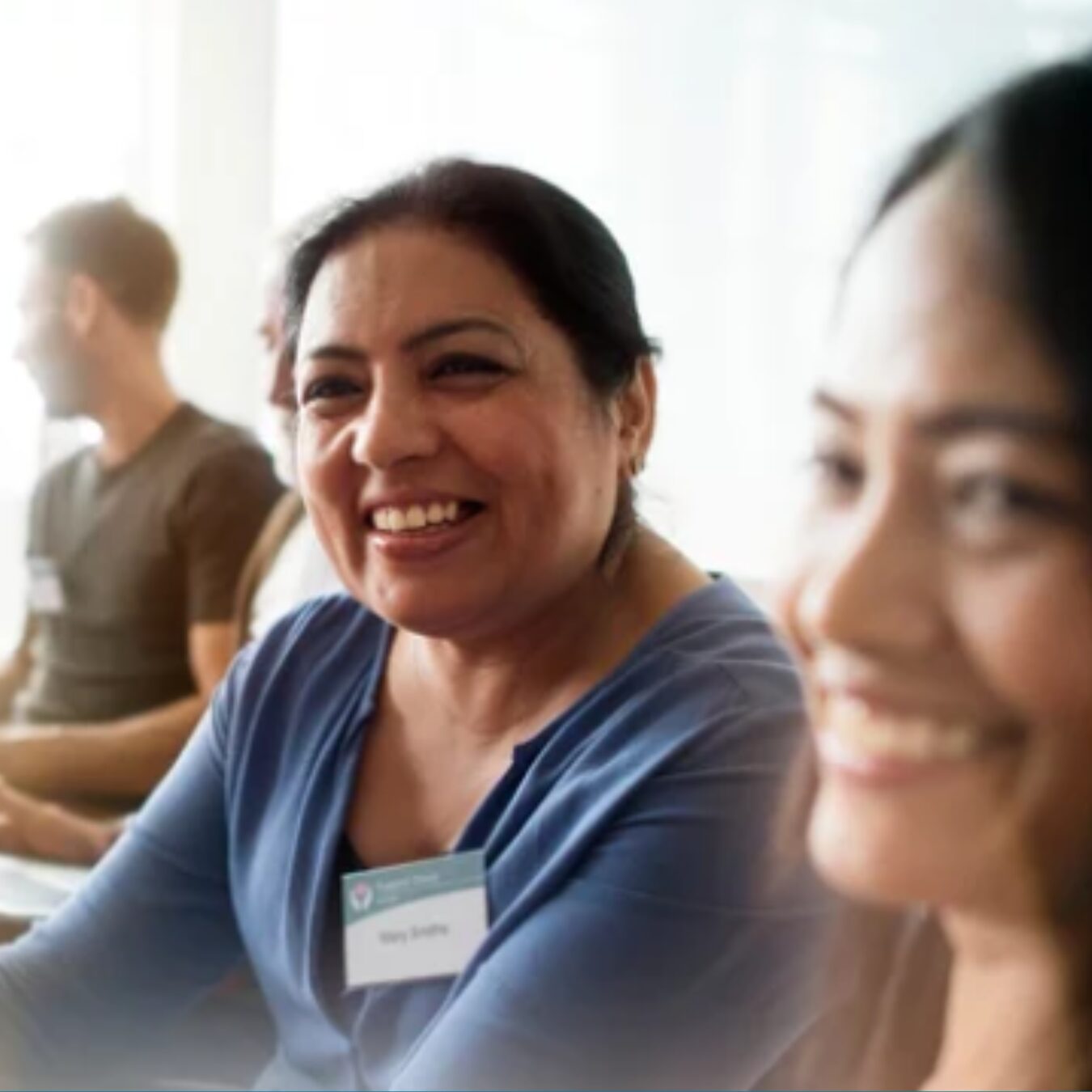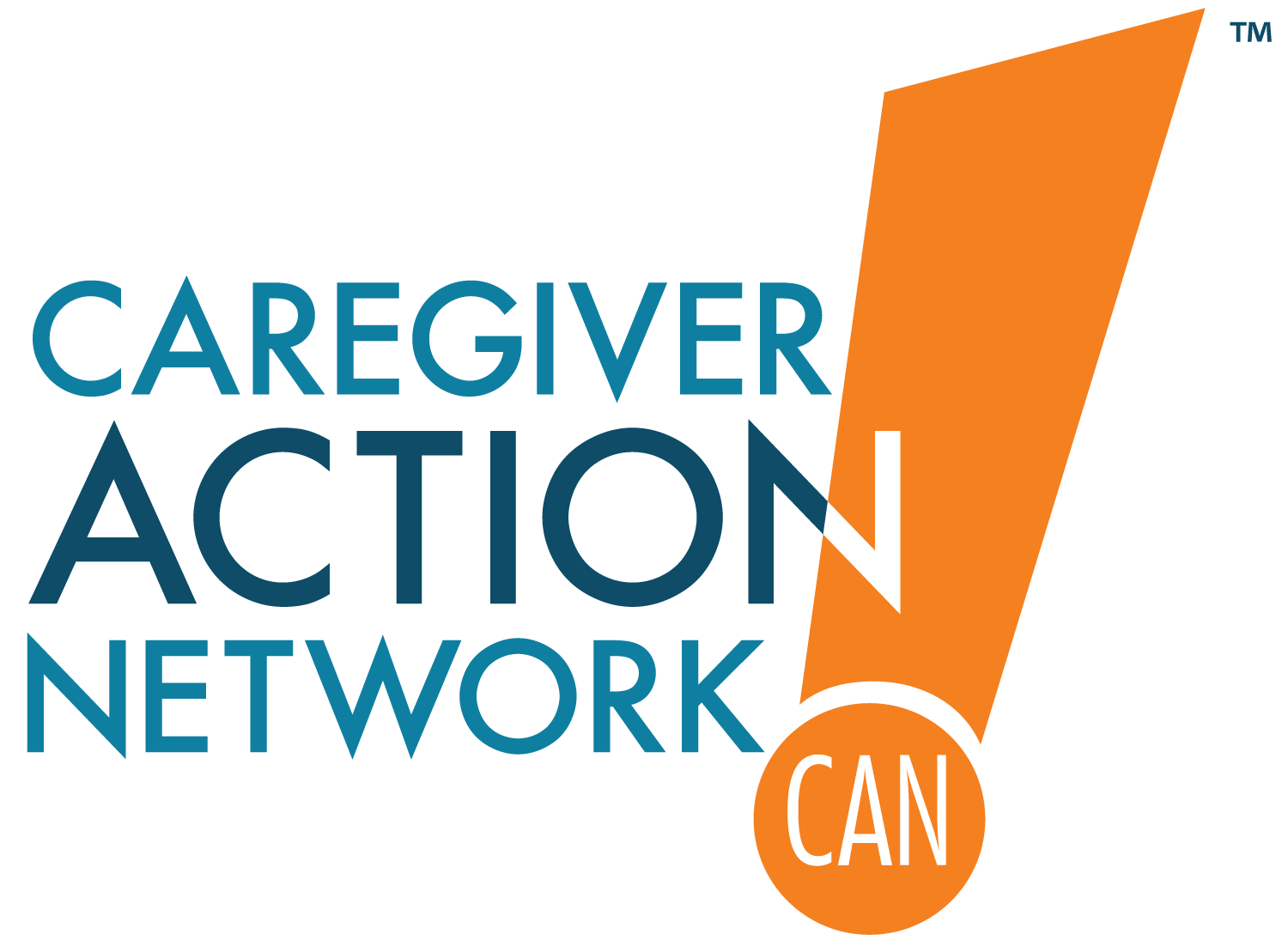In many families, decisions are made together, and seeking support outside the family can feel uncomfortable—or even carry a stigma.
Traditional gender roles may mean that women, in particular, carry the brunt of caregiving responsibilities, balancing work, children, and household responsibilities on top of their loved one’s care.
Despite these challenges, resilience is strong.
Caregivers often draw on faith, prayer, social support, and problem-solving strategies to cope.
However, systemic barriers can make it difficult to access supportive resources.
Research shows that bilingual, family-centered interventions, community-based programming, peer support groups, and culturally adapted counseling can make a meaningful difference, helping caregivers feel less isolated and more confident. Empowering caregivers to navigate clinical settings with confidence not only strengthens their ability to care for their loved ones but also fosters equity and dignity in the caregiving experience.

With greater access to culturally relevant resources, such as Spanish-language counseling and support groups, telehealth services, family-based interventions, bilingual educational tools, and advocacy training, caregivers can better protect their own well-being while continuing to care for their loved ones.
With the right support, caregivers are not only better able to advocate for their loved ones, but also for themselves, ensuring their voices are heard and their care deeply respected.
